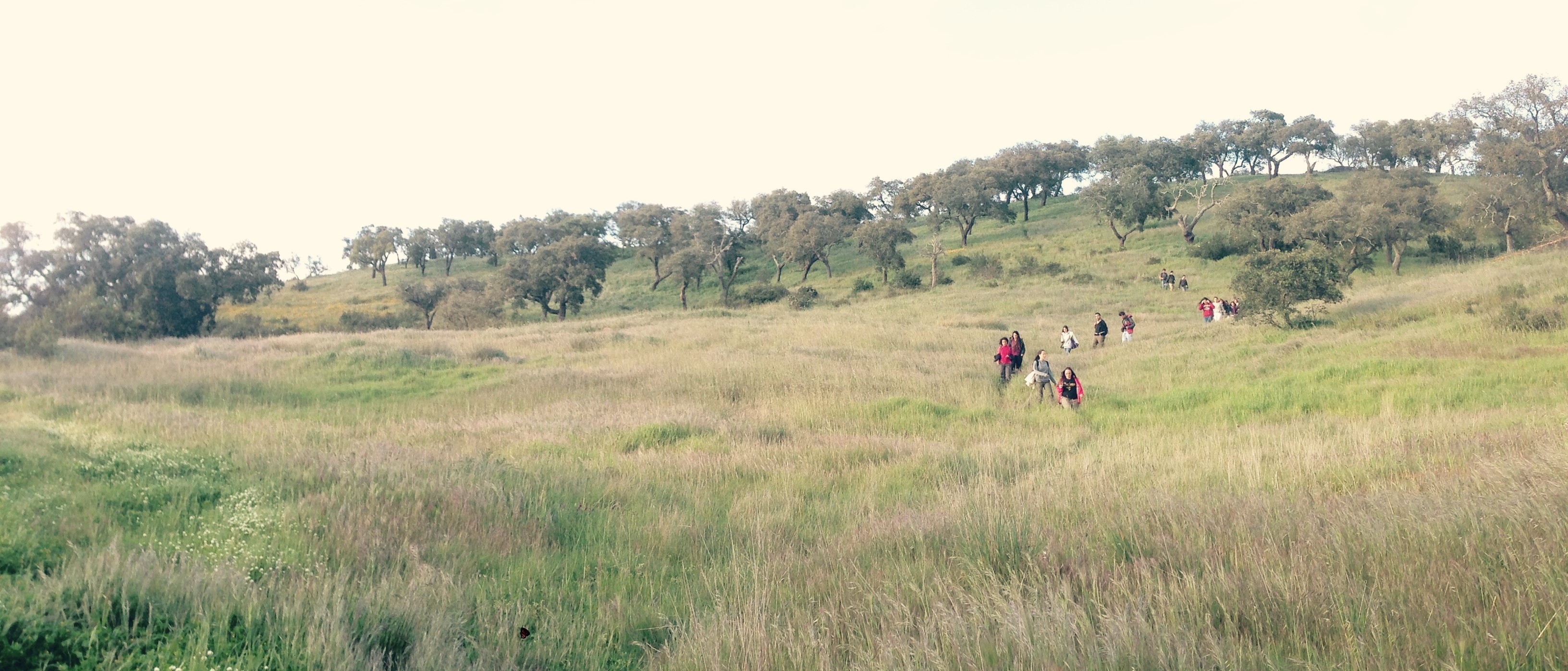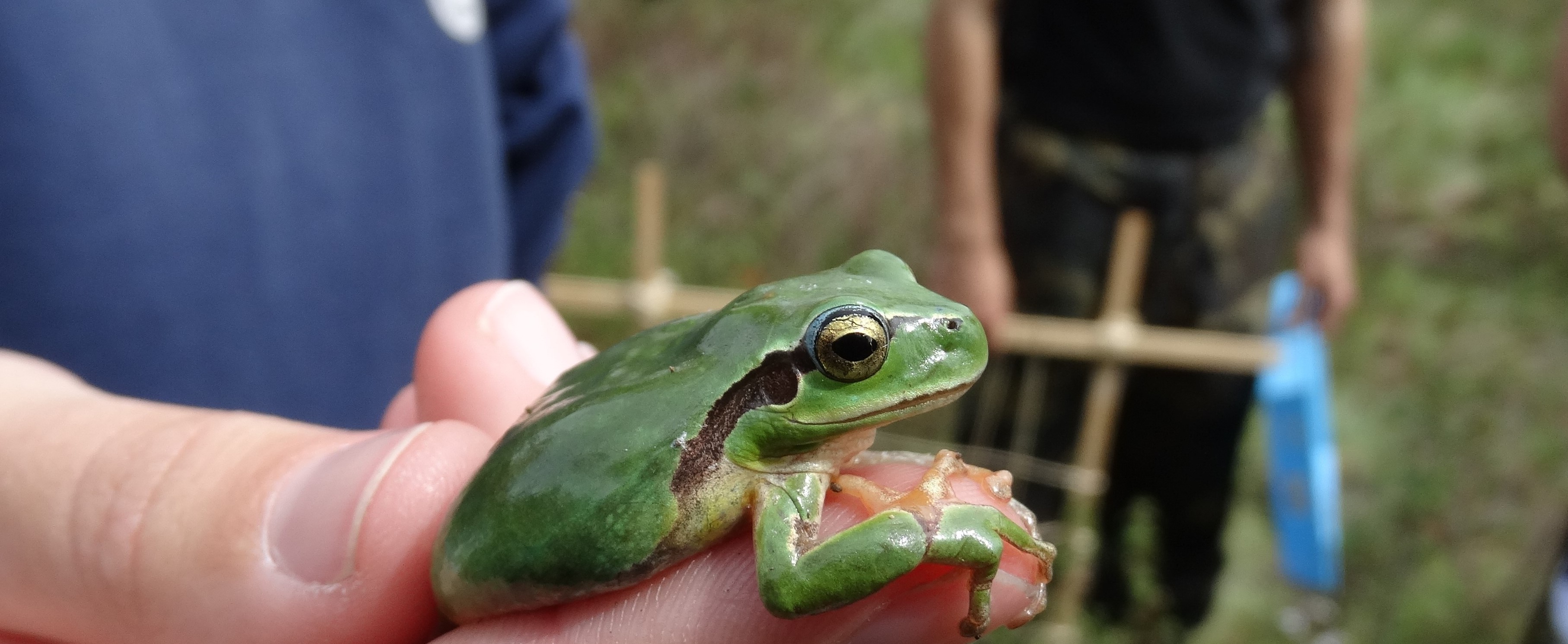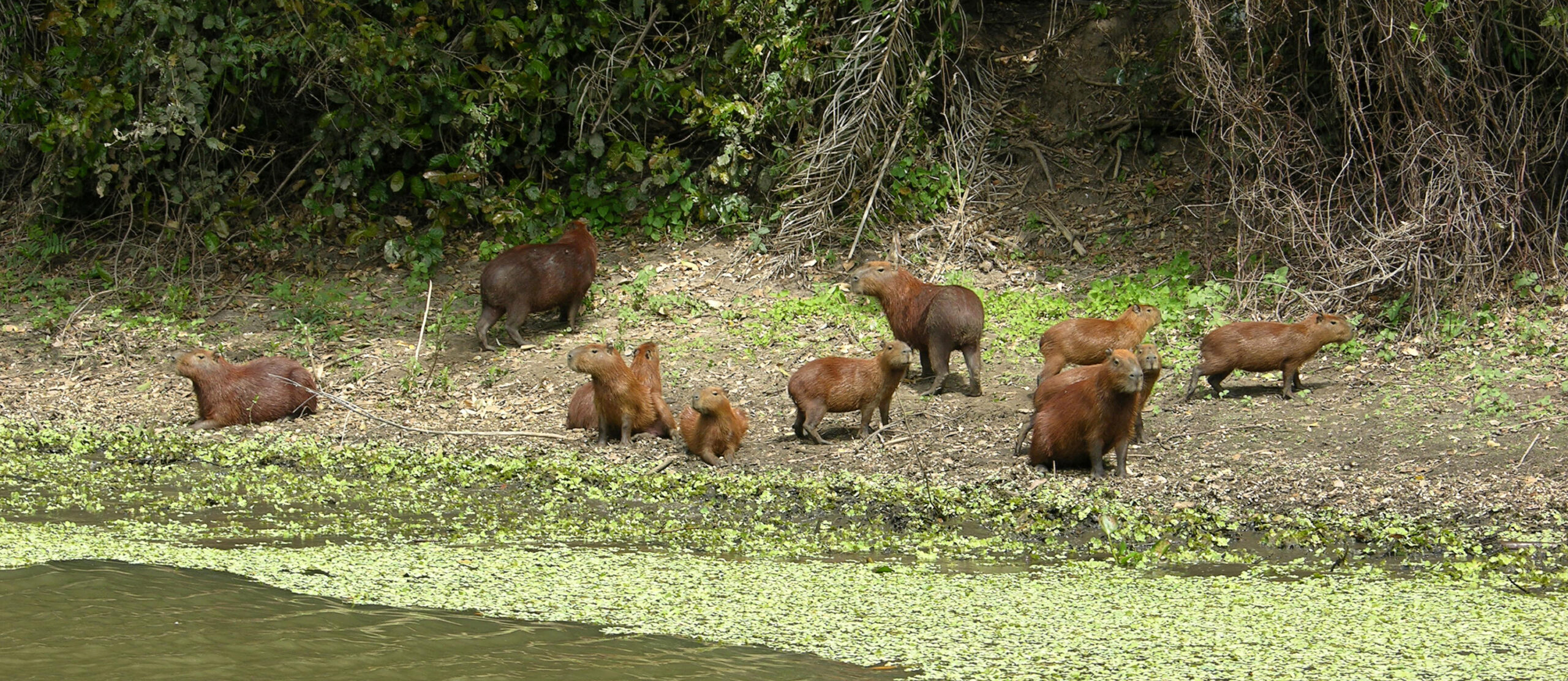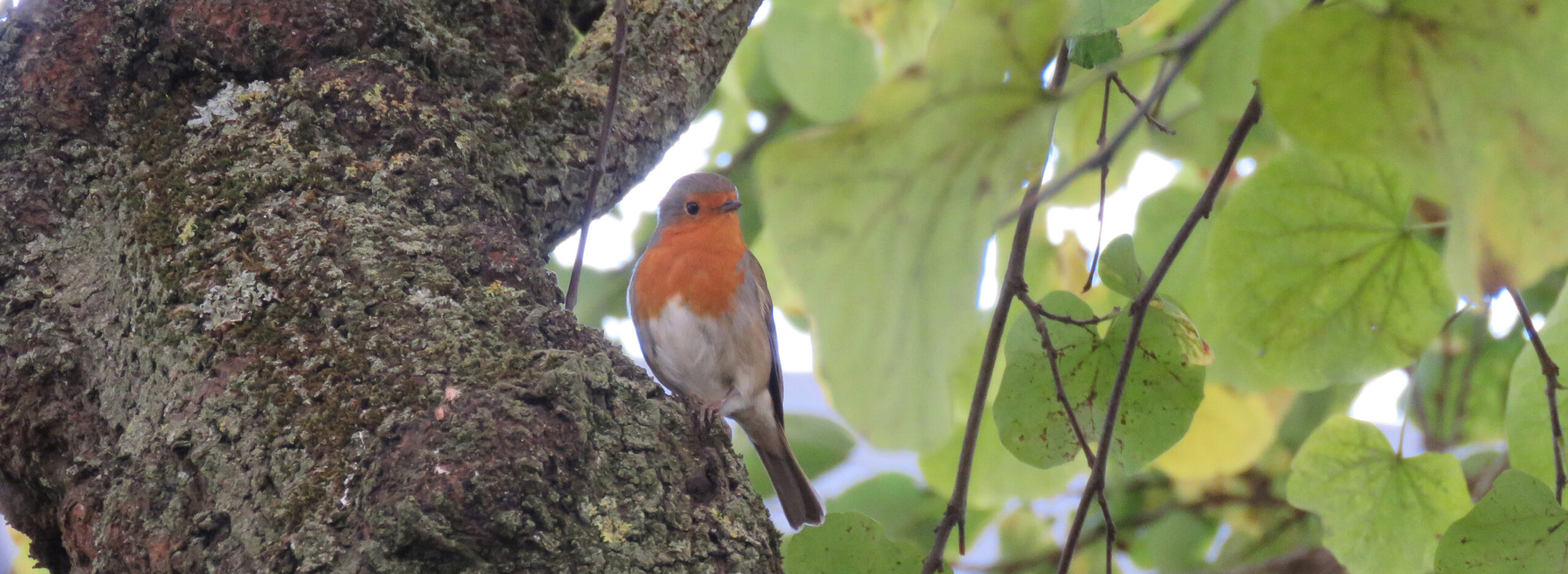December 19, 2025, at 10:00h, via TEAMS, Raquel Martins Queiroga will be presenting and discussing her Conservation Biology master’s dissertation, entitled “Characterization of fouling communities on different plastic substrates”.
November 28, 2025: Public discussion of a CB Master’s dissertation – “Diet of three Pipistrellelike bat species – Afronycteris nanus, Neoromicia somalicus, and Pseudoromicia rendalli – foraging in smallholder rice fields in West Africa”
November 28, 2025, at 10:00h, in building C2, room 2.2.24 (FCUL) and via TEAMS, Carolina da Silva Correia Santos Ribeiro will be presenting and discussing her Conservation Biology master’s dissertation, entitled “Diet of three Pipistrelle like bat species – Afronycteris nanus, Neoromicia somalicus, and Pseudoromicia rendalli – foraging in smallholder rice fields in West Africa”.
October 20, 2025: Public discussion of a CB Master’s dissertation – “Influence of natural and anthropogenic disturbance on terrestrial isopods incoastal wetlands of Mediterranean Chile”
October 20, 2025, at 10:00h, via TEAMS, Catarina Isabel Mendes Quadrado will be presenting and discussing her Conservation Biology master’s dissertation, entitled “Influence of natural and anthropogenic disturbance on terrestrial isopods in coastal wetlands of Mediterranean Chile”.
August 1, 2025: Public discussion of a CB Master’s dissertation – Feeding on the fly: Unravelling feeding strategies in sympatric avian aerial insectivores (Hirundinidae and Apodidae) of West Africa
August 1, 2025, at 10:00h in building C2, room 2.2.24 (FCUL) and via ZOOM (https://videoconf-colibri.zoom.us/j/91989640516?pwd=UIq38XlDGClkMxWnPh1aDHnT7RTLeX.1), João Miguel Porfírio de Albuquerque will be presenting and discussing his Conservation Biology master’s dissertation, entitled “Feeding on the fly: Unravelling feeding strategies in sympatric avian aerial insectivores (Hirundinidae and Apodidae) of West Africa”.
July 18, 2025: Public discussion of a CB Master’s dissertation – Importância da fauna de profundidade na dieta de aves marinhas pelágicas
July 18, 2025, at 10:00h in building C2, room 2.2.24 (FCUL), Jéssica Andreia Pacheco Ribeiro will be presenting and discussing her Conservation Biology master’s dissertation, entitled “Importance of deep-sea fauna in the diet of pelagic seabirds”.
July 15, 2025: Public discussion of a CB Master’s dissertation – Gleaning insectivorous bats eat seasonably in a West African rice farming landscape: implications for ecosystem services
July 15, 2025, at 10:00h in building C2, room 2.2.24 (FCUL) and via ZOOM (https://videoconf-colibri.zoom.us/j/92101703267?pwd=yD5rHoaZrM7XzI8o7b5mjzVP4C6G5l.1), Inês Ribeiro dos Santos Brás de Morais will be presenting and discussing her Conservation Biology master’s dissertation, entitled “Gleaning insectivorous bats eat seasonably in a West African rice farming landscape: implications for ecosystem services”.
July 11, 2025: Public discussion of a CB Master’s dissertation – Intrinsic and extrinsic motivations behind the exploratory behavior of Octopus vulgaris under environmental enrichment and deprivation
July 11, 2025, at 14:00h in building C2, room 2.2.24 (FCUL) and via ZOOM (https://videoconf-colibri.zoom.us/j/92101703267?pwd=yD5rHoaZrM7XzI8o7b5mjzVP4C6G5l.1), Catarina Caldeira Santos, will be presenting and discussing her Conservation Biology master’s dissertation, entitled “Intrinsic and extrinsic motivations behind the exploratory behavior of Octopus vulgaris under environmental enrichment and deprivation”.
March 27, 2025: Public discussion of a CB Master’s dissertation – Gene flow between Iberian wolves (Canis lupus signatus) from the Peneda/Gerês and the Alvão/Padrela nuclei
March 27, 2025, at 10:30h in building C2, room 2.2.24 (FCUL), Maria Inês Lopes da Natividade, will be presenting and discussing her Conservation Biology master’s dissertation, entitled “Gene flow between Iberian wolves (Canis lupus signatus) from the Peneda/Gerês and the Alvão/Padrela nuclei”.
March 11, 2025: Public discussion of a CB Master’s dissertation – Back to the Future: The historical distribution of the Eurasian lynx (Lynx lynx) in the Iberian Peninsula
March 11, 2025, at 10:00h in building C2, room 2.2.24 (FCUL), Afonson Barrocal, will be presenting and discussing his Conservation Biology master’s dissertation, entitled “Back to the Future: The historical distribution of the Eurasian lynx (Lynx lynx) in the Iberian Peninsula”.
January 24, 2025: Public discussion of a CB Master’s dissertation – Reptiles conservation and habitat structure: the role of rock outcrops in Herdade da Contenda
January 24, 2025, at 10:00h online (https://videoconf-colibri.zoom.us/j/96291321191), Pedro Lourenço e Sousa, will be presenting and discussing her Conservation Biology master’s dissertation, entitled “Reptiles conservation and habitat structure: the role of rock outcrops in Herdade da Contenda”.







